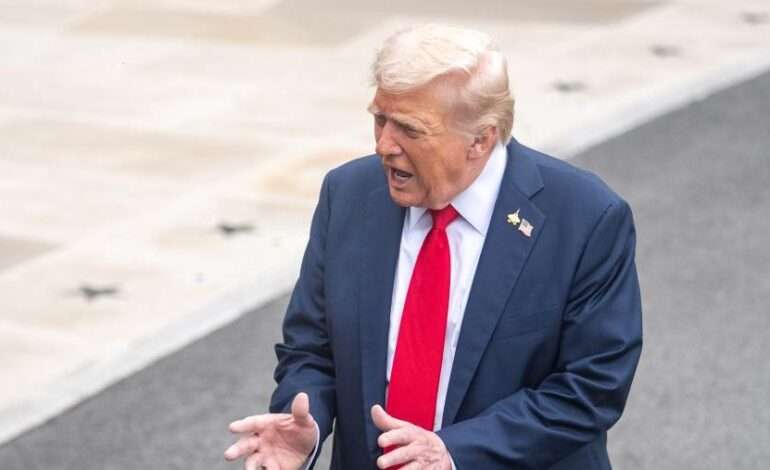
Trump’s H-1B visa proclamation faces US court challenge
The Trump administration’s new H-1B visa proclamation is facing its first major legal challenge in the United States. A coalition of unions, education professionals, and religious organisations has filed a lawsuit in the Northern District of California, arguing that the proclamation, signed on September 19, contains “multiple errors” and disregards the benefits of the H-1B visa program to the American economy.
The plaintiffs also criticized the unprecedented $100,000 visa application fee, calling it “unjustified and unlawful.” The lawsuit states that “no President has, without Congressional authorization, imposed a market-wide penalty for purported misuse of a program—overriding an existing statutory framework—on employers seeking to hire skilled foreign workers.” The proclamation’s provision for exceptions is said to risk selective enforcement and potential corruption.
Key plaintiffs include the Justice Action Center, South Asian American Justice Collaborative, and Democracy Forward Foundation, though no major tech companies have joined the case.
The proclamation aims, according to Trump, to incentivize companies to hire American workers. Commerce Secretary Howard Lutnick defended the policy, noting that the high fee would discourage firms from hiring foreign talent and instead focus on training US graduates. The move, however, has created confusion regarding existing H-1B holders, prompting the White House to clarify that the fee applies only to new visa applications.
The Department of Homeland Security (DHS) has proposed amending H-1B regulations, including replacing the current lottery system with a weighted selection process favoring higher-skilled applicants. India-born workers received over 70% of H-1B approvals in 2024, reflecting both the high number of skilled immigrants from India and the existing backlog.
The court challenge marks a significant test of the administration’s authority to impose sweeping changes to the H-1B visa program without Congressional approval, potentially shaping the future of skilled immigration policies in the US.